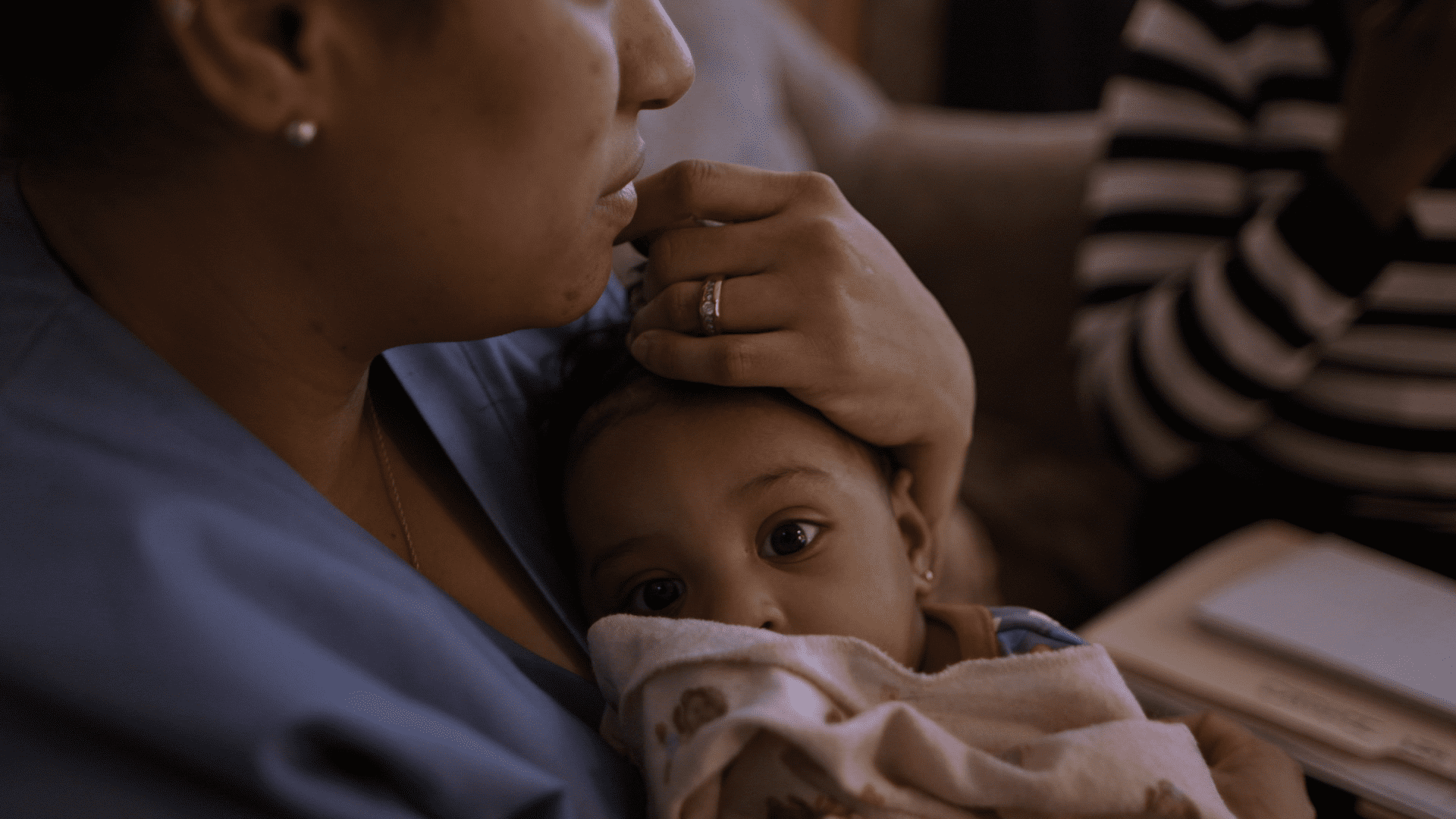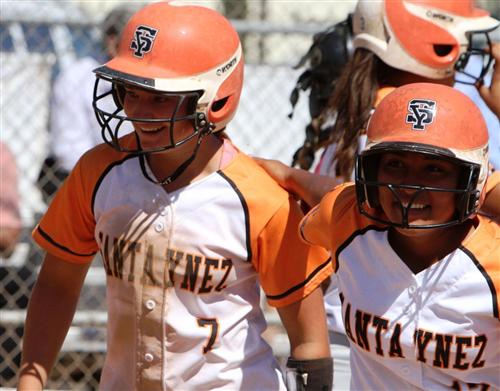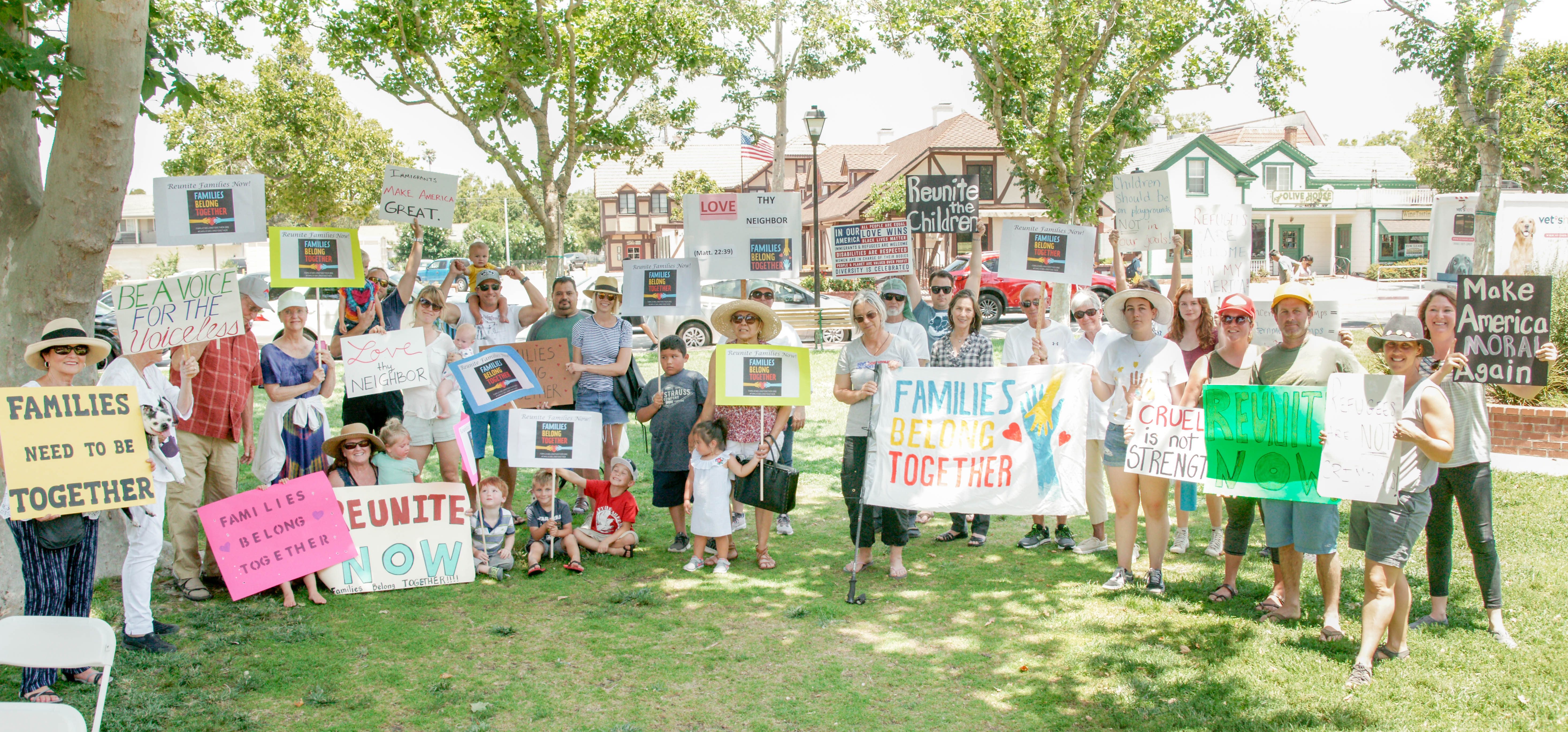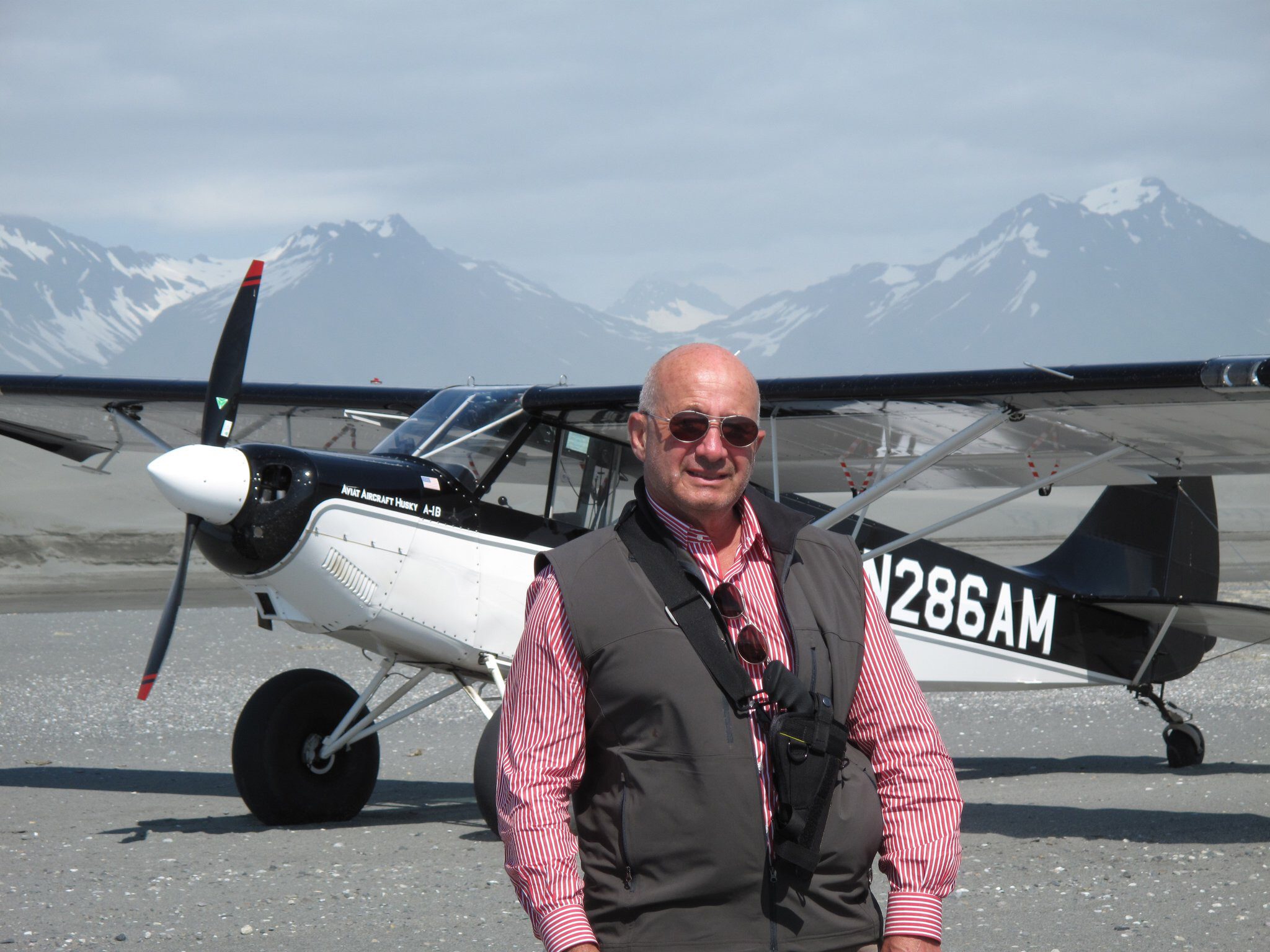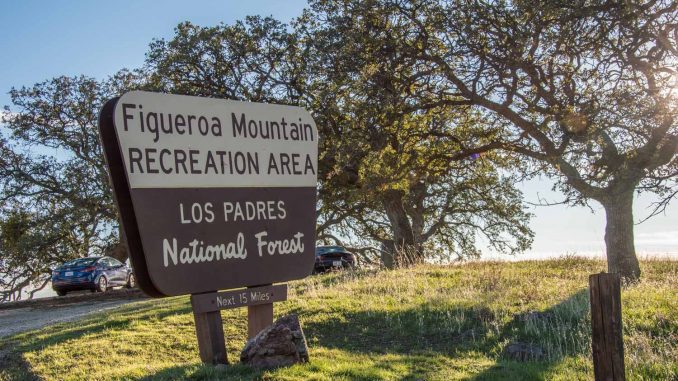By Raiza Giorgi
Jody Colt knew as a young girl that she wanted to adopt a child when she grew up, but she didn’t know how much her life would be shaped by becoming first a foster parent and then an adoptive parent.
With her husband Chris, she has a son, two adopted children and a newborn baby.
“I think it was because one of my best friends growing up was adopted, and I just had this sense that I wanted to help children. I grew up with a loving family and want to give that to others,” she said.
Colt would soon realize how important those relationships and bonds were in shaping her mentally and physically.
Colt is part of several Danish families, including the Nedegaards and Jacobsens, who helped found Solvang and the Santa Ynez Valley. She credits her grandmother Cora Nedegaard with instilling a love of children in her; she recalls her grandmother telling her she volunteered in a hospital to wash newborn babies just after birth.
“We had great memories growing up with our large families that would come together for holidays, family events and just Sunday afternoons. Sometimes there were like a hundred kids all running around with grandparents snoozing in the shade and parents barbecuing. I wanted to give my children those memories,” Colt said.
Colt left the valley after graduating from Santa Ynez Valley Union High School in 1996 and attended school in Chico, then transferred back to Cal Poly San Luis Obispo majoring in recreation. She got a job working at the YMCA in San Francisco and ended up meeting her husband, Chris.
“We were married a year later and we knew we wanted children. After our son Judah came along I talked to him about adoption, not knowing much really, but I wanted to explore it,” Colt said.
It was more than a year later that they decided to work with Angels Foster Care, which places displaced children within Santa Barbara County in in-between homes, temporary foster and foster-to-adopt homes.
“Let me say there are many levels of foster care and adoption, and we decided that what fit for our family was fostering to adopt. Going through the classes and the home visits was much like pregnancy, preparing for another baby,” Colt said.
She knew the road would be tough because children coming from traumatic situations express it in different ways. But the couple were certified in March, and in April they got the call about a baby in need of a home.
“So I had a toddler and a 5-week-old baby who needed us as much as we needed them,” she said.
A few years later, the Colts also fostered a teenage relative and another baby.
“Everything was going on this smooth ship and then suddenly my wonderful child — who was a very good eater, sleeper, behaved well — very much stopped for, it seemed, no reason at all,” she said.
She took the child to a pediatrician, neurologist, behavioral therapist, county agencies like the Health Department, and no one could figure out what was happening. Signs of autism and learning disabilities were ruled out, and still time was going by with no answers.
A friend recommended the book “The Connected Child,” and Colt felt as if it had been written for her. She also started researching blogs and chat rooms and came across Karyn Purvis and her system called Trust-Based Relational Intervention (TRBI).
“Children cannot choose the life they come into, but in all of us is instilled the fright, flight or fight instincts. When we went to the Purvis conference in Costa Mesa; we cried with delight, as they were talking about our child. It was upsetting and encouraging all at the same time because we finally had some answers,” she said.
TBRI is an attachment-based trauma intervention to meet the needs of vulnerable children. In Purvis’ research, children who have experienced early adversities are at risk for behavioral problems and trauma symptoms.
“Research suggests that children in foster care in the United States exhibit symptoms of post-traumatic stress disorder (PTSD) at more than twice the rate of combat veterans,” according to a research paper done in 2009 by Peter Pecora, Catherina White, Lovie Jackson and Tamera Wiggins.
“In our training we learn that a child’s brain stem and limbic system is fully developed by the time he/she is born, and it takes 26 years for the cortex or the ‘thinking’ part of the brain to develop and that is usually through relationships. Think about that, that relationships are the key to preventing as well as healing trauma,” Colt said.
If the child isn’t having basic needs met, even in utero, it causes high stress toxins and the child receives messages that ‘I’m not safe,’ Colt added.
“Think of it as a house foundation and if it’s not built strong enough with basic materials the house will crumble over time,” she added.
A simple task in Colt’s house would be to walk into the house after school, put shoes and backpacks away, and wash hands.
“Before our training we would spend hours fighting and struggling with just that task, to where it took away from every other activity. I knew we had come a long way when just recently that task was no big deal, or turned another task that normally took two hours into only 45 minutes,” Colt said.
The Colts decided they wanted to become advocates for other foster and adoptive parents who were dealing with similar situations, so they took the TBRI training and got certified to teach TBRI.
Colt has also studied the research of Dr. Nadine Burke-Harris, a pediatrician who is changing the way childhood adversity is dealt with. Burke-Harris recently spoke in Santa Barbara about toxic stress and how it affects health and longevity. Her TED talk has been viewed more than 3.5 million times at www.youtube.com/watch?v=95ovIJ3dsNk&feature=youtu.be.
The term “adverse childhood experience” (ACE) comes from a 1998 study by Kaiser Permanente in the San Diego area. It found that ACEs are incredibly common, including dealing with divorce, emotional abuse, emotional neglect and substance abuse, and that the more ACEs a child has, the higher the risk that he or she will have chronic diseases as an adult.
“Imagine if they (in the study) are correlating ACEs in an affluent area that have health insurance, what (children in) a struggling area might have, or in Third-World countries,” Colt said.
High stress leads to disruption of a developing brain, which leads to attention deficits, learning disabilities, memory and anxiety, among other problems, Burke-Harris found.
Colt has brought this research back to the Santa Ynez Valley by hosting conferences such as the Empowered to Connect Conference.
She spoke before the Child Abuse Prevention Council of Santa Barbara County in April and is hosting the screening of the film “Resilience, The Biology of Stress and the Science of Hope” on May 17 at the Santa Ynez Valley Presbyterian Church.
The film chronicles the movement among pediatricians such as Burke-Harris, therapists and educators who use this brain science to disrupt cycles of violence, addiction and disease.
“The truth is, California is slow on implementing this to current practices and hopefully by having our pediatricians, therapists, county resources know it’s out there, they will also seek to put into their standards and we can grow this movement. This affects everyone, not just foster or adoptive children, but all children, and we should learn how to prevent and treat adversity,” Colt said.
To learn more about ACEs and the work Burke-Harris is doing, log onto https://centerforyouthwellness.org/the-science/.

